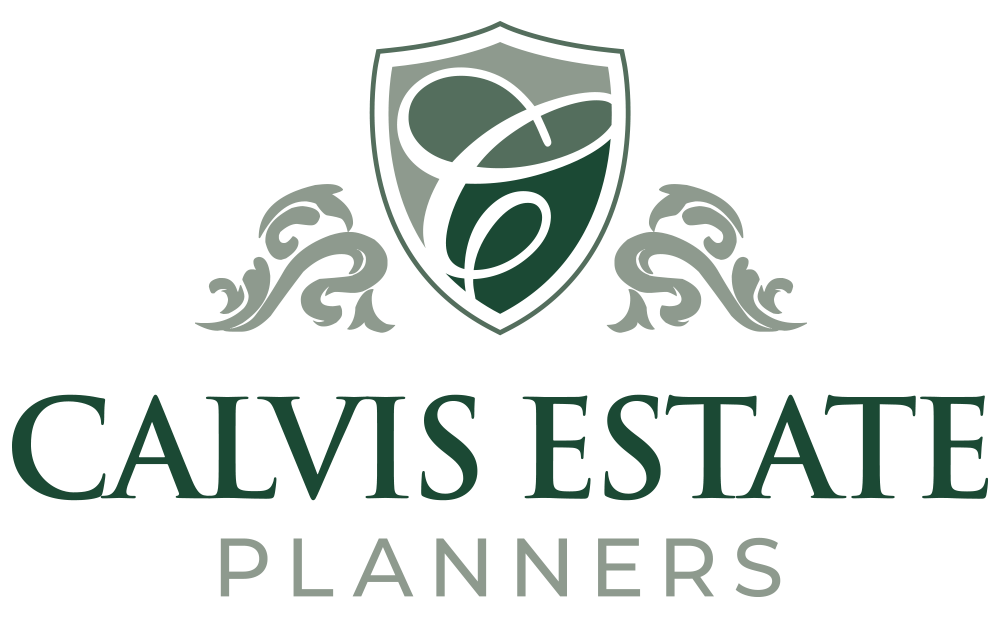If you're married or in a civil partnership, you may be entitled up to a £1,188 tax break called the marriage tax allowance. More than 2.3 million qualifying couples are currently missing out on this particular tax break. This is because Marriage allowance is an elective tax break and has to be claimed via HMRC. It is not a tax break which is automatically applied through your tax code. When it is claimed it allows the partner with the lower income to transfer up to £1,150 (over a 4 year backdated claim) of their personal allowance that remains to the partner with the higher earnings. By doing this couples can reduce the higher earner’s income tax by up to £250 per year.
How it works
Marriage Allowance lets you transfer £1,250 of your Personal
Allowance to your husband, wife or civil partner.
This reduces their tax by up to £250 in the tax year (6
April to 5 April the next year).
To benefit as a couple, you (as the lower earner) must
normally have an income below your Personal Allowance - this is usually
£12,500.
When you transfer some of your Personal Allowance to your
husband, wife or civil partner you might have to pay more tax yourself, but you
could still pay less as a couple.
Example
Your income is £11,500 and your Personal Allowance is
£12,500, so you don’t pay tax.
Your partner’s income is £20,000 and their Personal
Allowance is £12,500, so they pay tax on £7,500 (their ‘taxable income’). This
means as a couple you are paying Income Tax on £7,500.
When you claim Marriage Allowance you transfer £1,250 of
your Personal Allowance to your partner. Your Personal Allowance becomes
£11,250 and your partner gets a ‘tax credit’ on £1,250 of their taxable income.
This means you will now pay tax on £250, but your partner
will only pay tax on £6,250. As a couple you benefit, as you are only paying
Income Tax on £6,500 rather than £7,500, which saves you £200 in tax.
Who can apply
You can benefit from Marriage Allowance if all the following
apply:
• you’re
married or in a civil partnership
• you do not pay Income Tax or your
income is below your Personal Allowance (usually £12,500)
• your partner pays Income Tax at the basic rate, which usually means their income is between £12,501 and £50,000 before they receive Marriage Allowance
You cannot claim Marriage Allowance if you’re living
together but you’re not married or in a civil partnership.
If you’re in Scotland, your partner must pay the starter,
basic or intermediate rate, which usually means their income is between £12,501
and £43,430.
It will not affect your application for Marriage Allowance
if you or your partner:
• are
currently receiving a pension
• live
abroad - as long as you get a Personal Allowance.
If you or your partner were born before 6 April 1935, you
might benefit more as a couple by applying for Married Couples Allowance
instead.
You cannot get Marriage Allowance and Married Couple’s
Allowance at the same time.
Backdating your claim
You can backdate your claim to include any tax year since 5
April 2016 that you were eligible for Marriage Allowance.
Your partner’s tax bill will be reduced depending on the
Personal Allowance rate for the years you’re backdating.
If your partner has died since 5 April 2016 you can still
claim if your partner was the lower earner.
Our fees explained
Our fee will be 35 percent of any tax rebate obtained from
HMRC plus an administration charge of £83.33, regardless of what the rebate
relates to, plus VAT. VAT will be applied to our fee at the prevailing rate
currently 20%. Gross fees including VAT 42% of the total rebate amount received
plus £100 administration fee.
